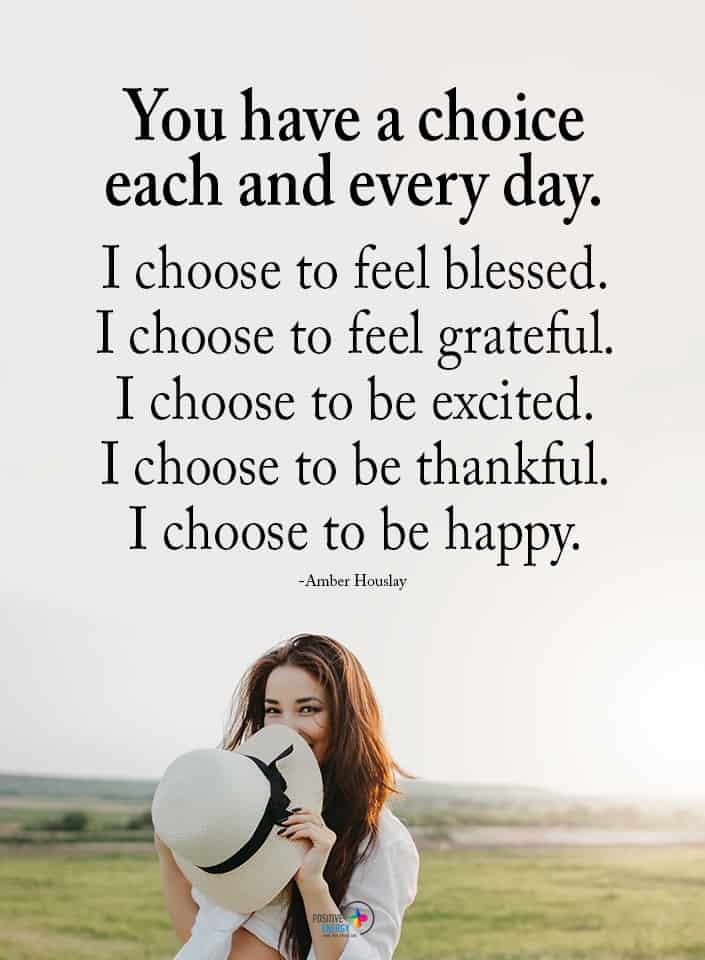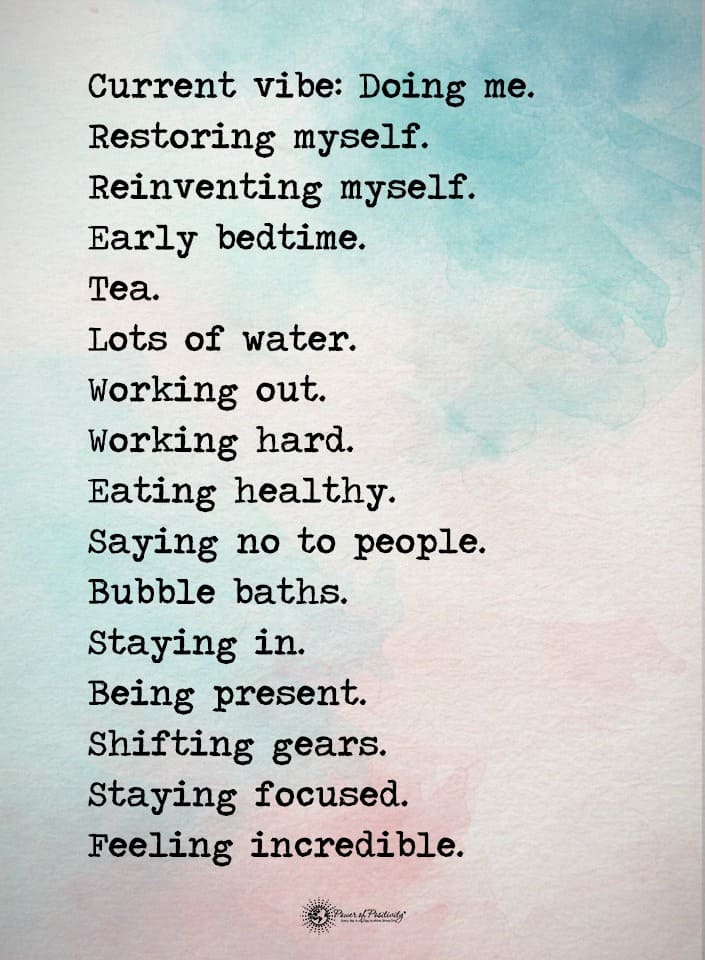To eat or not to eat, that is the question on many fitness enthusiasts’ minds. Are you still baffled as to whether you should eat before or after working out? Many experts say that there’s no easy answer because it depends on the person.
Do you exercise as soon as you get up, or do you wait until the evening? That’s a factor to consider for your food choices during the day. How your body will respond is based on whether you eat before or after your workout.
Some people prefer to wait until after exercising to refuel their bodies, called a fasted workout. If you have a bite to eat before you hit the gym, it’s known as a fed workout. Before you make your decision, here are some points to consider about each option.
Eating Afterwards: Fasted Workout Pros
Here are the benefits of a “fasted workout.”
Fasted Workouts Allow Your Body to Burn Fat for Fuel
Think of your body as an automobile. Instead of gasoline, your body is fueled by carbohydrates and body fat. When you eat, your body breaks the food down and converts the fat to triglycerides and the carbohydrates like sugar and glycogen. The triglycerides are stored in your fatty deposits, and the glycogen is stored in your muscles and liver.
If you eat a meal before you work out, your body will use the carbs from that food for immediate fuel. Your blood glucose and levels will also be higher after you eat. Fasting workouts make your body use its fat reserves for energy, meaning you will burn more fat.
Fasted Workouts May Help You Avoid Indigestion
Maybe you’re one of those people who feel queasy while trying to exercise after eating. If you do a fasted exercise session, you may not get the usual nausea and indigestion. Meals heavy in carbs can also give you that groggy feeling similar to where you stuff yourself at the Thanksgiving table.
Fasted Workouts May Stop Exercise Procrastination
How many times have you been determined to get up a half-hour earlier in the morning for your exercise routine? Maybe you’ve been intent on doing a workout right after work, instead. Deciding when to eat and when to exercise can make a big difference in following your goal.
Before you plan your time slot for exercising, think about your usual mornings at home and your days at work. You wrestle the kiddos out of bed, make sure they are ready for school, feed them breakfast, and rush them out the door to catch the bus. Then, you grab a health shake and hope you make it to work on time.
While running back and forth at the office, you may be tempted to grab something not-so-healthy from the vending machine. Maybe you eat lunch while trying to finish emails or make important phone calls. No wonder you procrastinate working out after work.
Instead, you might consider a fasted workout in the morning, even if you need to set your alarm clock to get you up earlier than usual. Did you know that exercise can make your body produce hormones that boost your moods and performance? Not only can you burn some extra body fat, but you’ll have a jump start on your day.
Cons of Fasted Workouts
Here are a few reasons a fasted workout might not work for you.
Less Energy During a Session
Knowing when to eat is a vital tool for working out. You may do your best when you eat before exercising. It may boost your energy and help you have a more productive session.
However, exercise regimens must be tailored to the individual. Are you one of the many people who notice a less intense workout if you don’t eat beforehand? Many individuals experience this energy droop.
For an optimal training session, your body needs glucose for its fuel mix. If you don’t have some available in your bloodstream at the time, your body must tap into your reserves that are stored as glycogen in your muscles.
What if you don’t have enough glycogen in your reserves? Then, your body will turn to its fat reserves for energy. Unfortunately, fat isn’t oxidized as quickly as carbs (glycogen) in your body, so your exercising performance may be lackluster.
Your workout intensity will also help you decide when to eat. The average person doing a 30-minute session a day may not have an issue with fasted workouts. However, you may not reach peak performance for high-intensity training without a pre-workout meal.
Low Blood Sugar
If you are following an exercise routine, you are also probably maintaining a healthy diet. Are you trying one of the many diets that encourage a low-carb and high-protein intake? You’ll have less glycogen stored in your muscles, so your body won’t have the extra fuel it needs for a workout.
In this case, fasted workouts can cause a sudden drop in your blood glucose levels, and you may feel groggy and nauseous. You may even be tempted to binge-eat. If this is your experience, a fasted workout may not be the best option for you.
Eating Before: Fed Workout Pros
Here are some great reasons to opt for a fed workout.
You’ll See Fewer Drops in Blood Sugar
Do your blood glucose levels drop significantly before eating? A fed workout may minimize this condition. Knowing when to eat when you have an insulin sensitivity is essential for your health and your workout success.
You Will Have More Energy for Workouts
It stands to reason that if you want energy and strength for an optimal workout, you need fuel. Having a small meal before your exercise session will provide your body with protein and carbs to burn. You’ll notice that you can exercise harder and longer.
Deciding when to eat for the best workout can make a difference in how many calories you burn. A pre-workout meal may help you sustain longer sessions and lift heavier weights. These benefits can result in burning more fat and sculpting a leaner body.
Preserves Your Muscles
Muscle preservation is an essential component of strengthening and toning your body. Did you know that some people lose more nitrogen during a fasted workout than a fed one? Nitrogen is critical for processing protein that builds and maintains healthy muscles.
Helps Burn More Calories After Your Workout
Did you know that your body continues to burn calories after you finish an exercise session? You are breathing harder and inhaling more oxygen, which burns more calories for a bit. This process is called excess post-exercise oxygen consumption (EPOC), which isn’t inhibited after a fed workout.
Fed Workout Cons
Here are some reasons that you might to skip the “fed workout.”
Need to Give More Thought to Your Snack
If you opt for a fed workout, pay close attention to what you consume. Skip milk, high-fiber, or high-fat foods, as you could get a stomachache if you work out after eating these. The Mayo Clinic suggests a smoothie, a piece of fruit, an organic energy bar, or a half of a peanut butter sandwich as great options.
You Might Feel Sluggish
Many fitness enthusiasts report feeling sluggish after eating, losing the motivation to work out after a meal.
Additional Tips on When to Eat in Relation to Your Exercise Sessions
Knowing what to eat for an optimal workout is just as important as knowing when to eat. Not all foods are created equal. If you decide that a fed workout is best for you, consider these points:
• Stay Hydrated
You lose a lot of water during a heavy exercise routine, so you should consider drinking some before you start. Keep plenty of water handy for during and after the workout. Some trainers also recommend sports drinks to replace essential electrolytes.
• Eat Some Carbs
Your body must have a certain amount of carbohydrates for energy and survival. Complex carbs are best for your pre-workout snack or light meal. Try steel-cut oatmeal, a slice of whole-wheat toast, a piece of fruit, or a low-sugar/low-fat energy bar.
• Try a Protein Shake
For a healthy boost of protein, you can’t beat a tasty protein shake or a fruit and protein smoothie. Protein shakes are quick and easy to make. You may also enjoy a small handful of nuts, low-fat Greek yogurt, a boiled egg, or a lean slice of turkey.
What Should You Eat After a Workout
Do you do well with a fasted workout? It would help if you had some nourishment as soon as your session is complete. Rehydrate your body and replenish your electrolytes with water or a sports drink. Then, have a light meal or snack that’s high in complex carbs and protein.
If you choose, you can enjoy another health shake afterward. For the best post-workout food combination, try things like fish, brown rice, quinoa, beans, or a little tofu.
 Final Thoughts on When to Eat–Before or After a Workout?
Final Thoughts on When to Eat–Before or After a Workout?
Have you ever finished an intense workout and felt like you could eat everything in the refrigerator? The feeling is incredibly potent if you’ve completed a fasted exercise session. Be careful not to give in to cravings.
If it helps, pre-portion your workout meals and snacks. You’ll have them on-hand before or after and won’t be grabbing the first thing that comes to mind. Fruit, health shakes, and low-fat protein bars are quick snacks when you are on the go from the gym.
Enjoy a balanced meal with protein, complex carbs, and essential fats. Eat the correct portions and keep your calories under control. Overeating and indulging in empty calories will only defeat your workout efforts.
Deciding when to eat for an optimal workout is a personal choice. Both fasted workouts and fed activities have their benefits and shortcomings. Before you make a choice or start any new exercise regimen, discuss it with your primary healthcare provider, a certified trainer, or a registered dietician.
The post Science Explains If It’s Better to Eat Before or After a Workout appeared first on Power of Positivity: Positive Thinking & Attitude.
【Top 10 Malaysia & Singapore Most Beautiful Girls】Have you follow?
